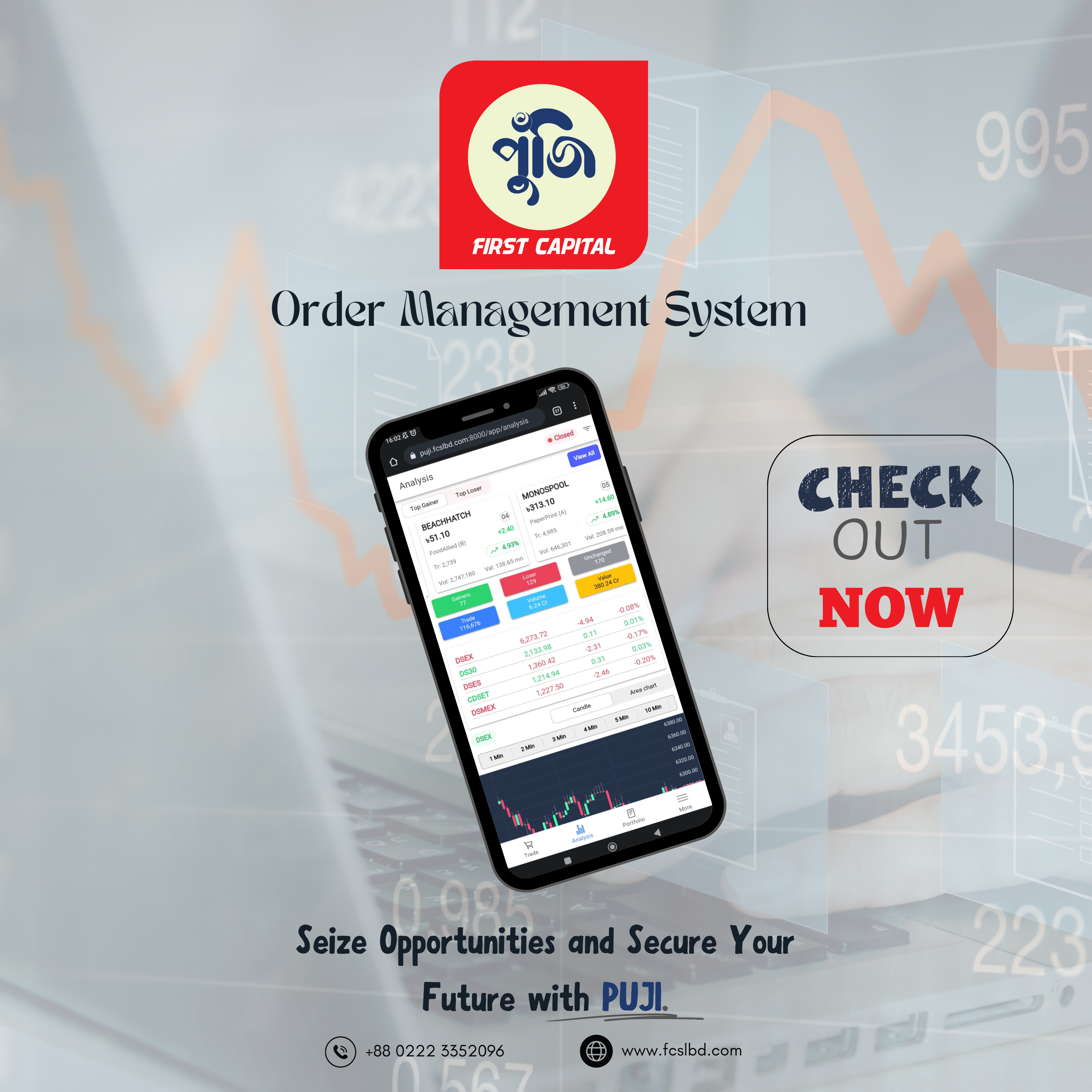During an investigation, the NBR’s Large Taxpayers Unit (LTU-VAT) discovered that the company violated rules by selling its products at prices higher than those reported to the revenue authority earlier without paying the corresponding higher taxes, according to NBR sources
The National Board of Revenue (NBR) has found that British American Tobacco (BAT) Bangladesh Limited, the country’s leading tobacco company and single largest taxpayer, evaded Tk379 crore in value-added tax (VAT) over the past four fiscal years.
During an investigation, the NBR’s Large Taxpayers Unit (LTU-VAT) discovered that the company violated rules by selling its products at prices higher than those reported to the revenue authority earlier without paying the corresponding higher taxes, according to NBR sources.
BAT pays taxes on its products when transferring them to the warehouse, based on the prices set by the NBR for that fiscal year. However, the company stored its products after paying taxes at the rates for one fiscal year, then sold the same products in the following fiscal year at higher prices without adjusting the taxes accordingly.
A senior official from the NBR’s LTU-VAT department, on condition of anonymity, told TBS that initially, it was found that the tobacco company evaded Tk169 crore in VAT for FY24 through this method. Upon further investigation into the company’s stockpiled products from previous fiscal years, more evasion was found: Tk88.21 crore in FY23, Tk56.42 crore in FY22, and Tk65.92 crore in FY21.
The official confirmed that a notice was issued to BAT on 12 December, ordering the company to pay Tk169 crore in VAT evasion for FY24 within 15 working days. Separate notices were issued on 19 December for the payment of the total Tk211 crore evaded in FY23, FY22, and FY21.
In September last year, the NBR found that the company had evaded Tk2,054 crore in VAT and supplementary duty in 2016 by concealing information, and the legal dispute between the two parties is currently ongoing.
The NBR also found that another multinational company, Japan Tobacco International (JTI) Bangladesh, had evaded VAT using the same method employed by BAT. However, the amount of VAT evaded by JTI has not been disclosed.
In recent years, the prices of tobacco products, including cigarettes, have been rising in the yearly budget, and taxes are calculated based on the increased prices from the day the budget is presented in the parliament. The latest budget for the current fiscal year (FY25) was presented on 6 June this year.
According to VAT officials, before the budget placement, BAT transferred a large quantity of cigarettes to the warehouse after paying VAT, supplementary duty, and other taxes on the previous year’s set prices. However, after the budget was presented, the company sold the same cigarettes at higher prices.
TBS has obtained a copy of a notice from the NBR regarding the evasion of Tk169 crore by BATB in FY24. The letter states that BAT Bangladesh transferred cigarettes to the warehouse, paying a total duty-tax of Tk3,044.65 crore on the cigarettes, based on the effective price up to 5 June 2024 (the day before the FY25 budget placement). However, it later sold the stored cigarettes to buyers — dealers or distributors — at an increased price, amounting to Tk3,213.42 crore.
The letter further states: “By selling the cigarettes at an increased price, a duty-tax of Tk168.77 crore was evaded, which is recoverable.”
When contacted, BAT declined to comment on the matter.
In response to written questions from TBS, a company spokesperson replied, “Given the confidential nature of the ongoing matter, we cannot comment further.”
A loophole in VAT collection?
According to another notice from the NBR regarding BAT’s VAT avoidance for FY23, seen by TBS, VAT on tobacco products is generally collected at the point of production, before moving products to warehouses, not at the retail level.
The notice states, “Under legal provisions, if it is a cigarette manufacturing factory, each removal of product consignments from the factory will be considered a supply, and a challan must be issued for each supply.”
However, since the VAT applicable at the time of supply has already been paid during the transfer of the tobacco products, the question arises whether additional duty or VAT will apply when the products are later sold at higher prices.
The NBR notice provides clarification, stating that while each removal of product consignments from the factory is considered a supply, there is no scope for selling these products at prices exceeding the reported amount. Since the products were sold at a higher price, additional tax will be levied on the increased price.
However, officials from the NBR’s LTU-VAT department confirmed that increased supplementary duty will not apply in this case.
NBR’s Second Secretary for VAT Policy, Barrister Md Bodruzzaman Munshi, told TBS, “We have informed the LTU-VAT of the legal explanation regarding this matter, based on which a demand letter has been issued to BAT for the payment of additional VAT.”
He declined to provide further details.
An NBR official, on condition of anonymity, told TBS, “If the tobacco companies had sold products according to the declared Maximum Retail Price (MRP), there would have been no issue. But BAT and JTI sold products at prices higher than the MRP. They will be required to pay VAT on the excess price, as per the law.” tbsnews.net




